Mofomobe urges govt to support social media monetisation

SHARE THIS PAGE!
Member of Parliament, Machesetsa Mofomobe, says he intends to present a motion in Parliament urging the government through the Ministry of Information, Communications, Science, Technology and Innovation to facilitate monetisation of social media in Lesotho.
In an interview with theReporter, Mofomobe said Lesotho should take a leaf from other African countries where content creators are earning huge sums of money through social media. Kenyans, for instance, began monetising their content on Facebook owned by Meta, alongside X (formerly known as Twitter) and Instagram in June last year making it one of the few countries on the continent enjoying the feature. Meta introduced two new tools which allow eligible content creators in the east African country to earn money.
Accessibility to the features started on August 6, 2024, and this included in-stream ads and Facebook ads on reels to be placed before, during or after content videos whether pre-recorded or live-streamed.
According to the multinational tech platform, this new monetisation tactic will help Kenyan video content with support in over 30 languages globally including Swahili. This is Mofomobe’s dream for Basotho content creators.
Why are you pushing for the monetisation of social media in Lesotho?
The key motivation behind pushing for the monetisation of social media in Lesotho is to address youth unemployment and the lack of access to start-up capital for aspiring entrepreneurs and creatives.
Lesotho currently faces significant economic challenges,with over 6,000 unemployed youth, according to official government figures. At the same time, the government has acknowledged that it lacks the tools and financial resources to support most start-up businesses.
Despite these challenges, there exists an untapped opportunity: the power of social media platforms such as Facebook, Instagram, TikTok, YouTube, and X (formerly Twitter). These platforms are already generating revenue for content creators in other countries, thanks to monetisation programs run by companies like Meta (Facebook, Instagram)and Google (YouTube).
In countries like South Africa, content creators are able to generate income through ads, brand deals, and platform incentives, as long as they meet specific criteria such as minimum follower counts and engagement rates. Unfortunately, this is not the case for local content creators. Those who meet the required qualifications still cannot get paid unless they register under another country, such as South Africa, often using a South African RICA-registered phone number. Yet, we have local talent and creators with large followings such as Lilaphalapha, Tjeka-tjeka, Sannere,and Ntate Stunna who are proving that the demand for Basotho content exists both locally and abroad. This shows that there is a strong potential for digital entrepreneurship, and if properly supported, it could serve as a new source of income, job creation, and economic empowerment.
The push for Lesotho’s inclusion in monetisation programs by major tech companies like Meta and Google is not just about digital access. It’s a strategy to empower local youth and creators to earn income from their talents, reduce unemployment by tapping into the global digital economy, support small businesses and start-ups through content marketing and brand-building and showcase Basotho culture and creativity on a global scale
What needs to be done for Lesotho to be on META’s payroll?
To enable content creators and media entities in Lesotho to earn income through Meta’s monetisation tools (on platforms such as Facebook and Instagram), several key steps must be taken, primarily through government intervention and strategic engagement with Meta.
1. Government engagement with Meta
The Ministry of Information, Communications, Science, Technology and Innovation, together with the Lesotho Communications Authority must lead formal communications with Meta Platforms Inc. They need to advocate for Lesotho to be recognised and registered as an eligible country under Meta’s monetisation programmes.
This will be done by establishing direct contact or initiating bilateral discussions with Meta representatives. They will also present the potential digital economy benefits for Lesotho, including the number of active users, creators, and content platforms such as Facebook and TikTok, YouTube.
How do you define monetisation of social media?
Monetisation of social media refers to a process by which individuals, content creators, and organisations can generate income through the content they produce and share on digital platforms such as Facebook, Instagram, TikTok, YouTube, and X (Twitter).
These platforms act as digital trading spaces, where creators can:
- Perform (e.g. sing, dance, act),
- Share comedic or educational content,
- Promote local culture, tourism, or businesses,
- Build large followings and engage with audiences,
- And, most importantly, earn money through various monetisation tools offered by platform owners like Meta and Google.
Does this apply to users, content creators, platforms, or the government?
Monetisation applies directly to content creators, but it also involves platforms, the government, and the general public. The government’s role is especially important in ensuring that Lesotho is recognised by monetisation programmes and creators are registered and taxed.
What laws or regulatory structures will be required to implement?
I don’t think there are any regulatory frameworks, it is just for Lesotho to be registered for monetisation.
Will people be charged for using platforms like Facebook, TikTok, or WhatsApp?
Content creators will not be charged unless they want to boost their page so as to have many followers.
Have you consulted with digital rights organisations, local tech communities, or social media users?
At this stage, I have not yet conducted formal consultationswith digital rights organisations or local tech communities. However, my proposal was shared publicly on my social media platforms, where it went viral and reached over 200,000 people.
What feedback have you received from stakeholders, and how has it influenced your drive?
I have received feedback from Basotho who say I am their Moses who does not disappoint them.
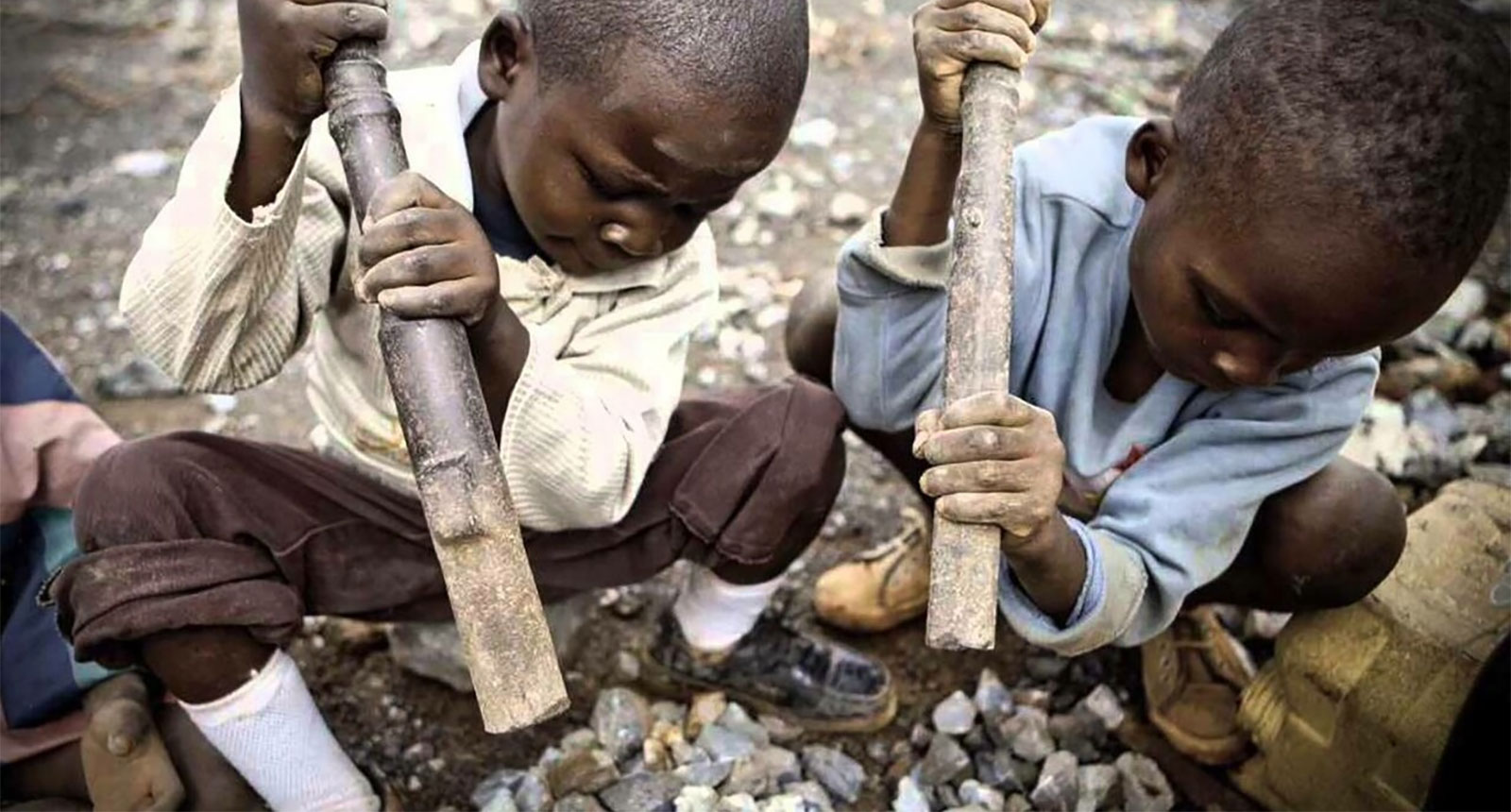
LCN calls for action to end child labour
7 days ago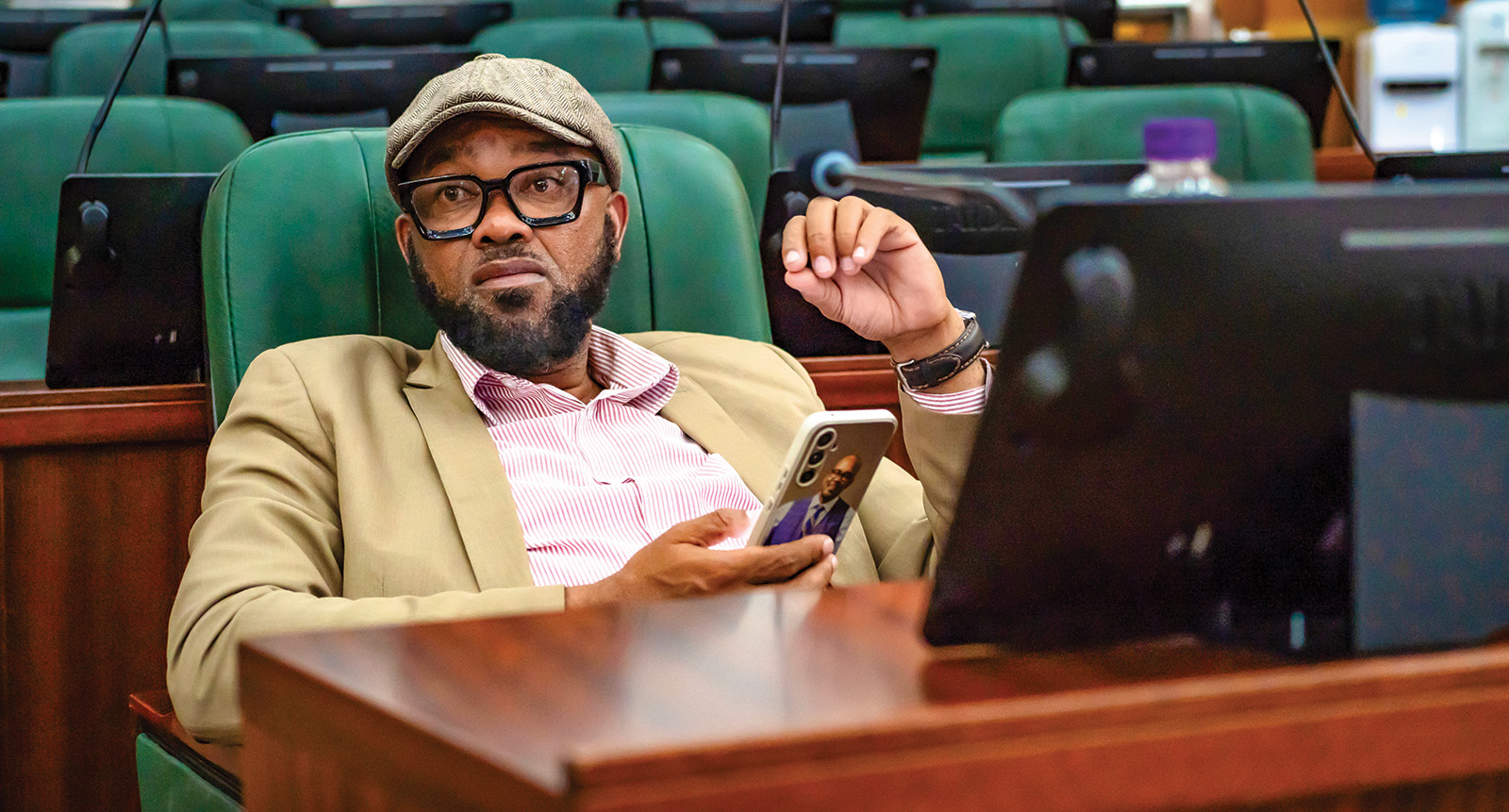
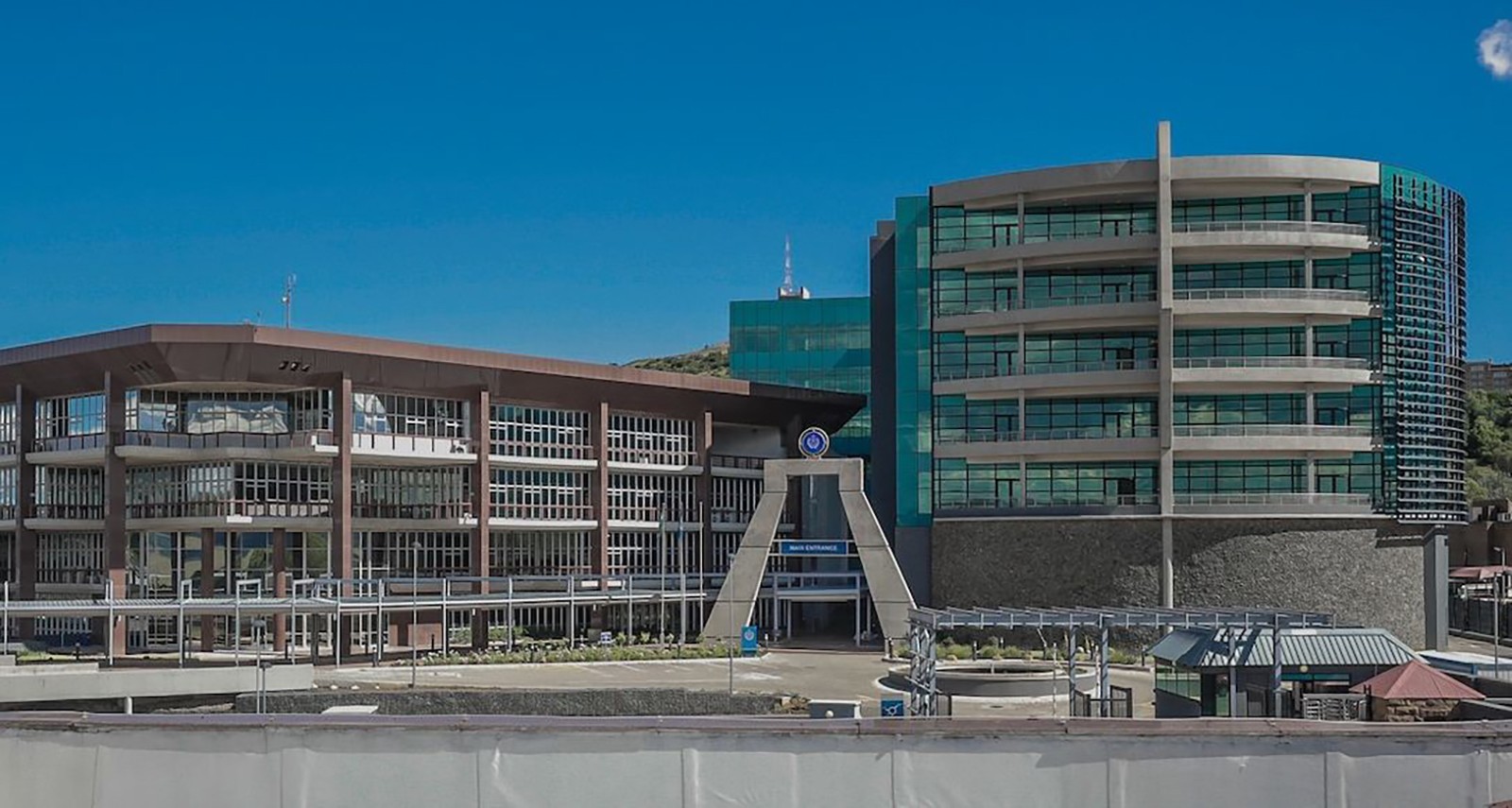
Economy contracts by 5.3% in first quarter
8 days ago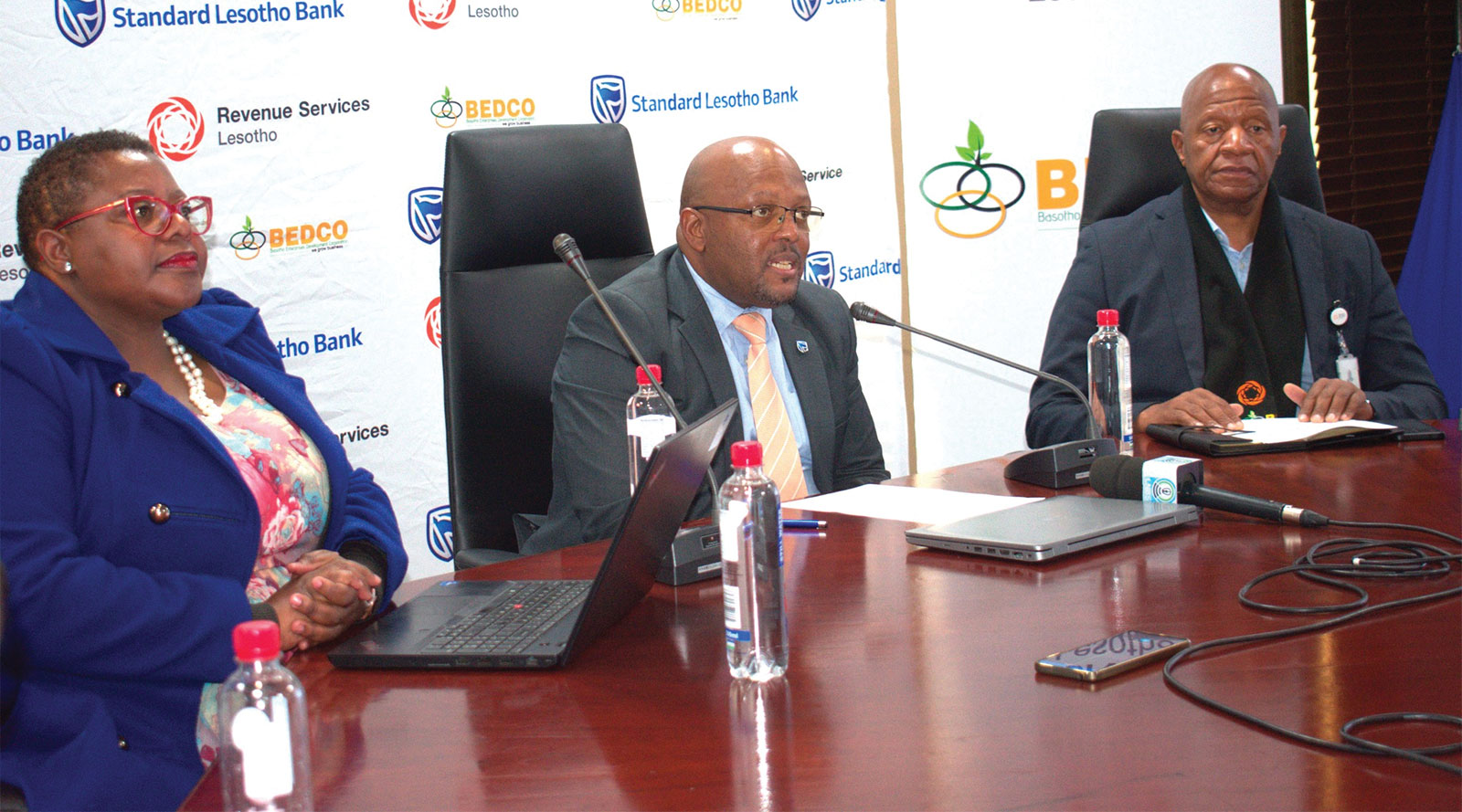
2025 Bacha Entrepreneurship Project launched
8 days ago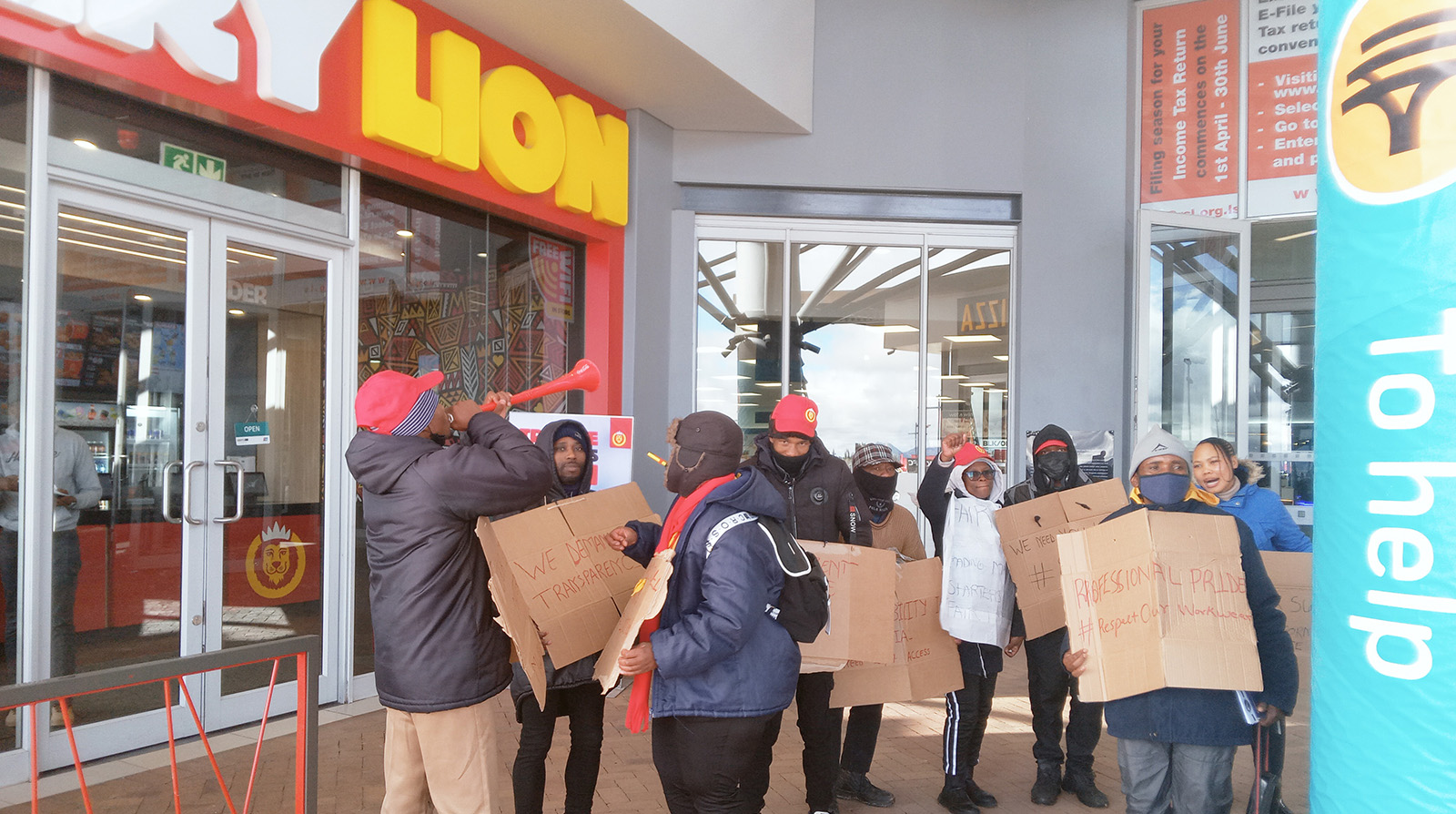
Hungry Lion workers down tools
9 days ago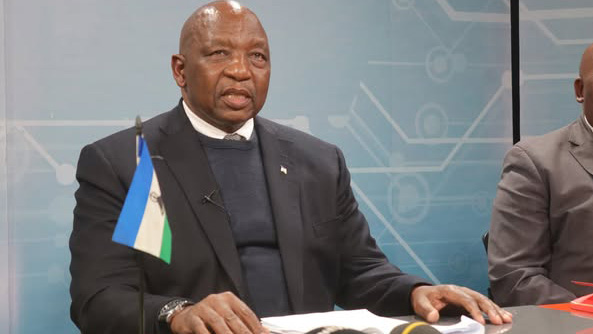
Govt to create 70k jobs for youth
9 days ago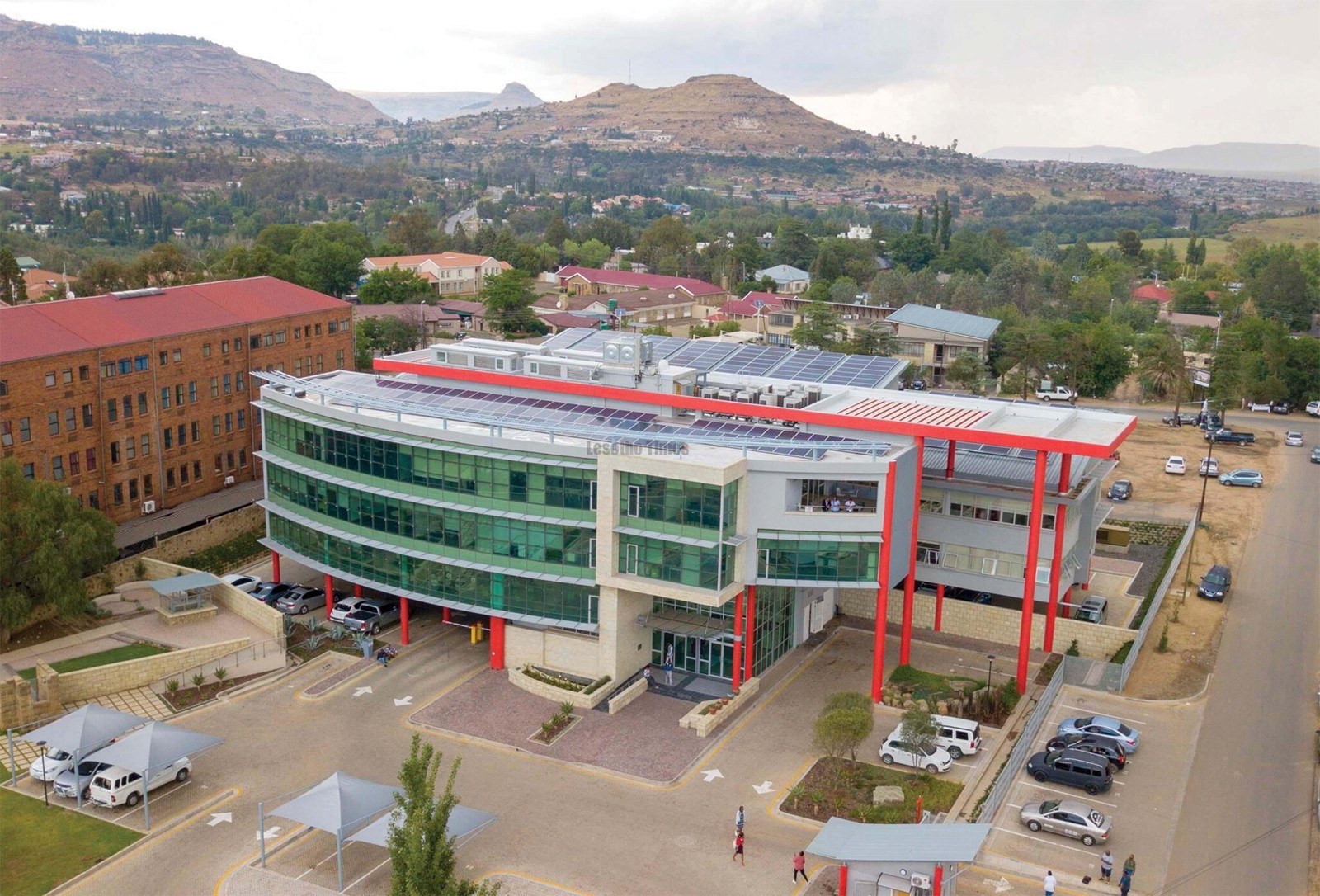
Vodacom scoops top awards
9 days ago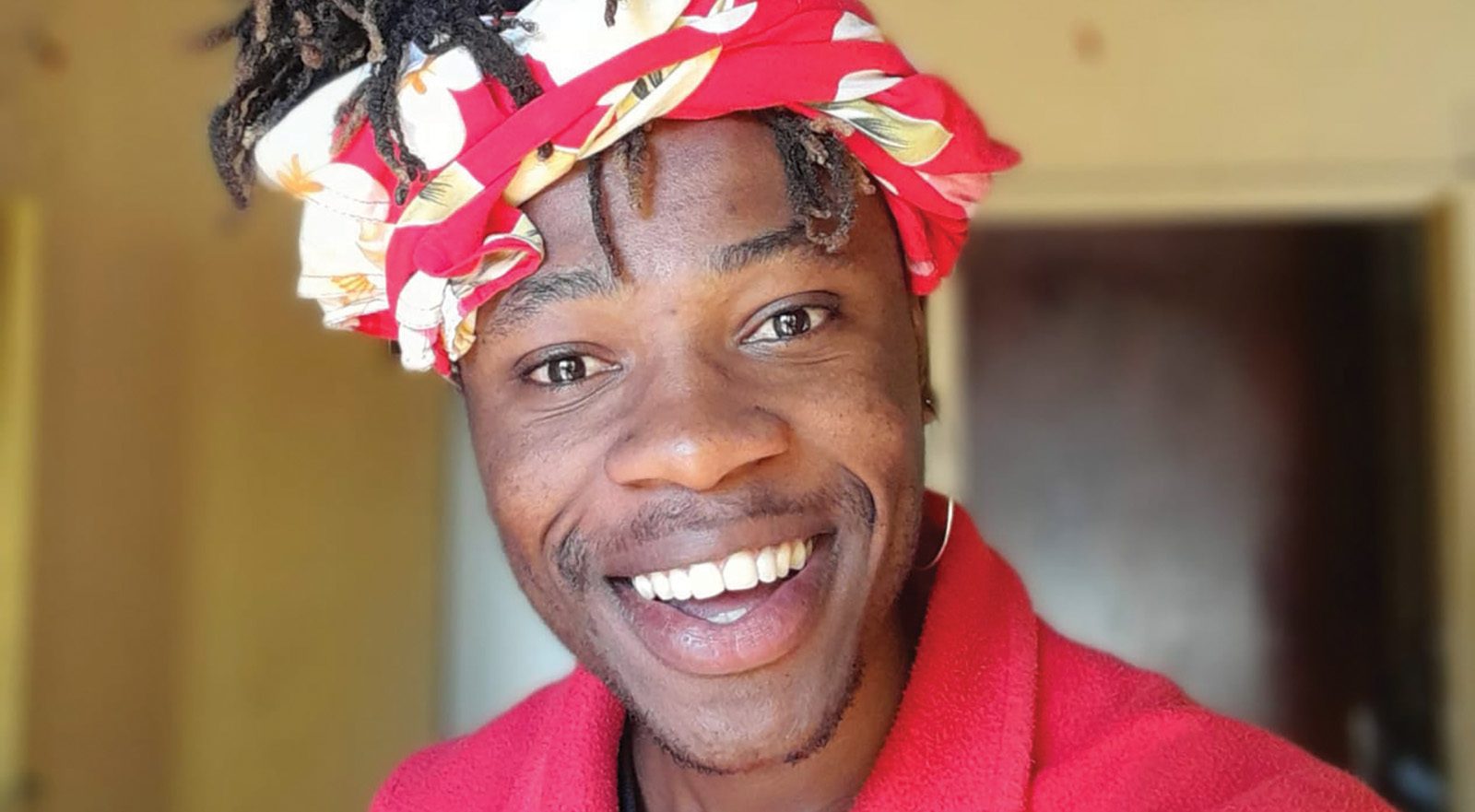
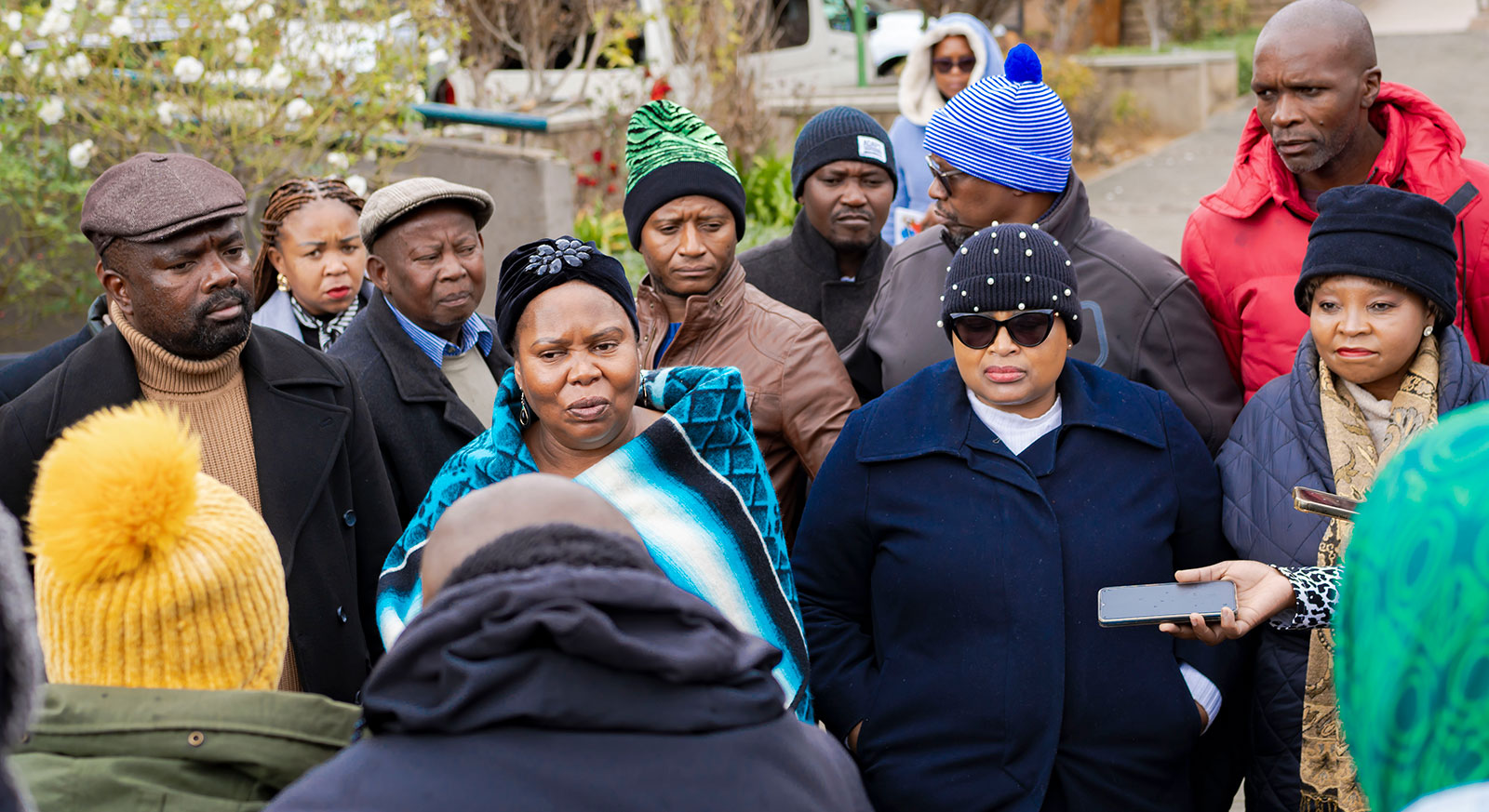
PAC rejoices as High Court dismisses LEC bid
10 days ago
Joy as Ntlholohetsane receives new classrooms
10 days ago